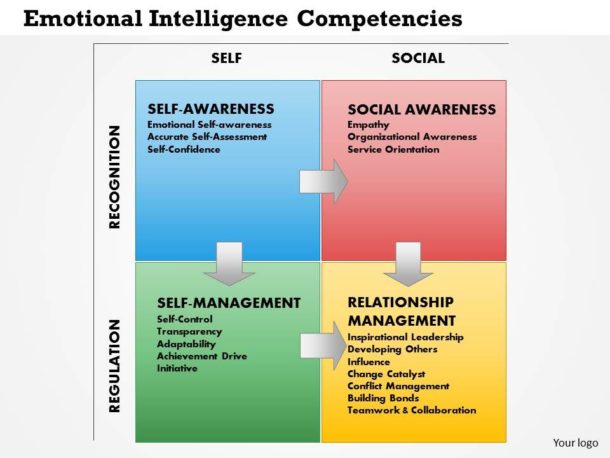Emotional intelligence, also known as EQ, is a crucial skill that goes beyond academic knowledge and plays a significant role in our overall success and well-being. Unlike IQ, which measures cognitive abilities, EQ refers to our ability to recognize and understand emotions – both ours and others’ – and use this awareness to guide our thoughts, behaviors, and relationships.
Developing emotional intelligence is particularly important in alternative schooling environments where students often have more autonomy over their learning journey. Here are five reasons why emotional intelligence should be prioritized in alternative education settings:
1. Self-awareness: Emotional intelligence starts with self-awareness – the ability to recognize and understand our own emotions. In alternative schooling, where students have more freedom to choose their subjects or projects, self-awareness helps them make informed decisions aligned with their interests and passions. By understanding their strengths, weaknesses, values, and motivations on a deeper level, students can select educational paths that resonate with them personally.
2. Self-regulation: The next step towards emotional intelligence is self-regulation – the ability to manage our emotions effectively. Alternative education often involves non-traditional approaches that may require students to navigate uncertainty or setbacks. With strong self-regulation skills developed through emotional intelligence training, students can handle challenges with resilience rather than succumbing to frustration or giving up easily.
3. Empathy: One of the cornerstones of emotional intelligence is empathy – the capacity to understand others’ feelings and perspectives. In an alternative schooling environment that promotes collaboration among peers or community engagement projects outside of school walls, empathy becomes essential for effective communication and teamwork. By cultivating empathy skills from an early age, students develop stronger relationships built on trust and respect.
4. Conflict resolution: Alternative education often encourages critical thinking and open discussions where diverse opinions may clash at times. Emotional intelligence equips students with conflict resolution skills by enabling them to understand different viewpoints without becoming defensive or aggressive when disagreements arise. This ability to manage conflicts constructively fosters a positive learning environment where students can learn from each other’s differences.
5. Emotional well-being: Finally, emotional intelligence contributes significantly to students’ overall emotional well-being. Alternative schooling focuses on holistic development, prioritizing mental health alongside academic achievements. By fostering emotional intelligence, schools provide students with tools to manage stress, handle pressure effectively, and maintain a healthy work-life balance – crucial skills for their long-term success and happiness.
In conclusion, adopting emotional intelligence as an integral part of alternative schooling is imperative for nurturing well-rounded individuals who thrive academically and socially. By focusing on self-awareness, self-regulation, empathy, conflict resolution skills, and emotional well-being, alternative education systems can empower students to navigate the challenges of today’s world with confidence and compassion.

Leave a comment